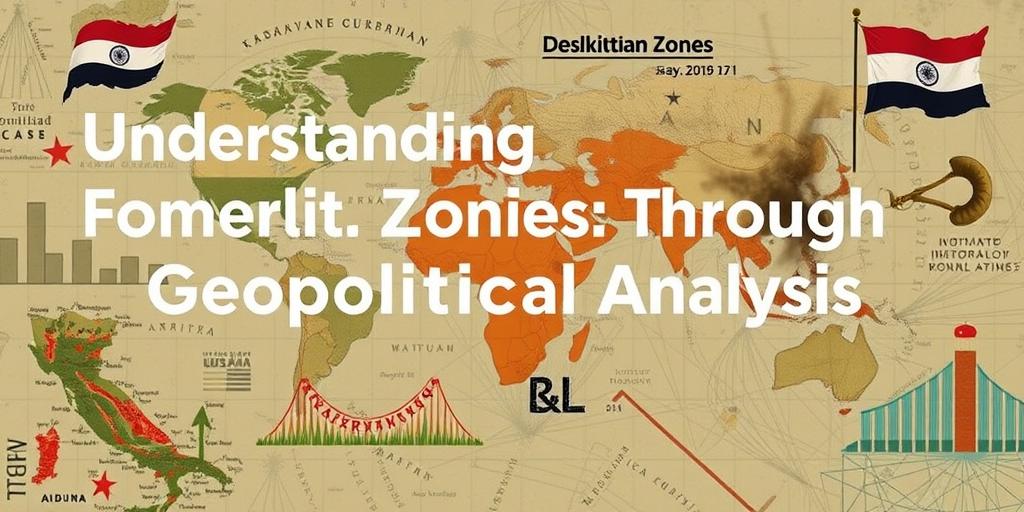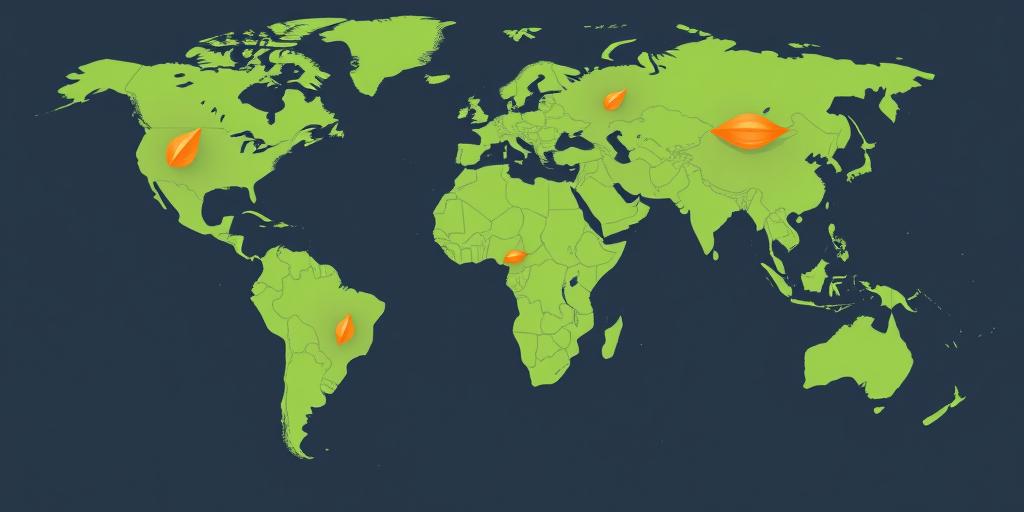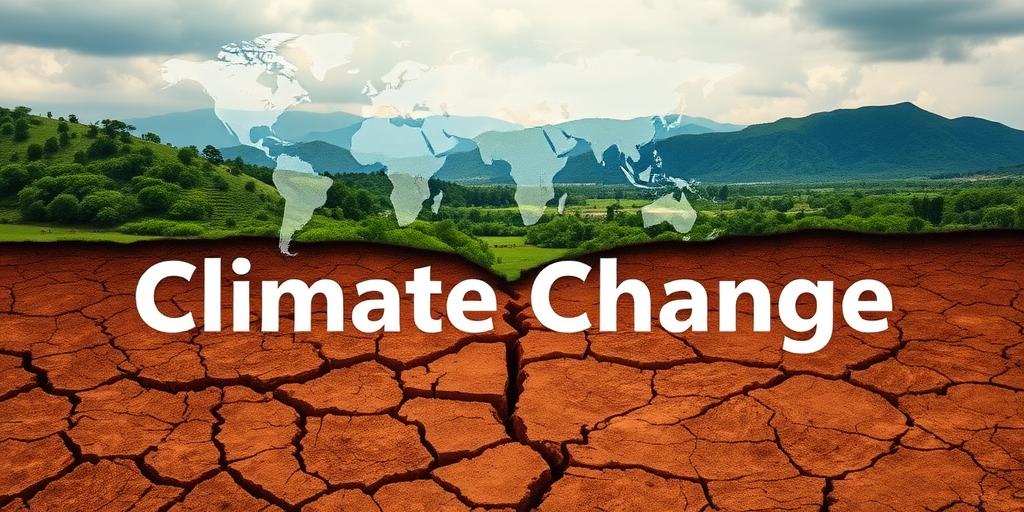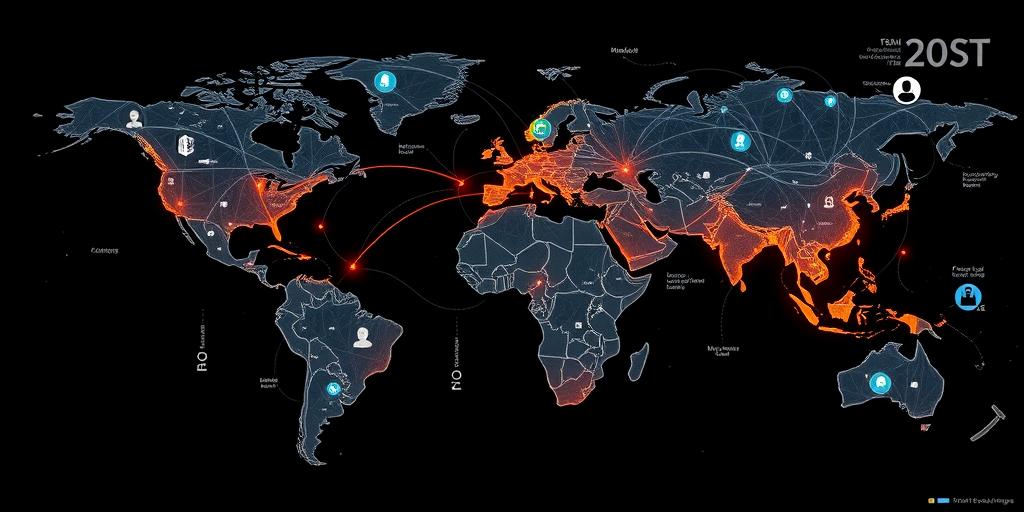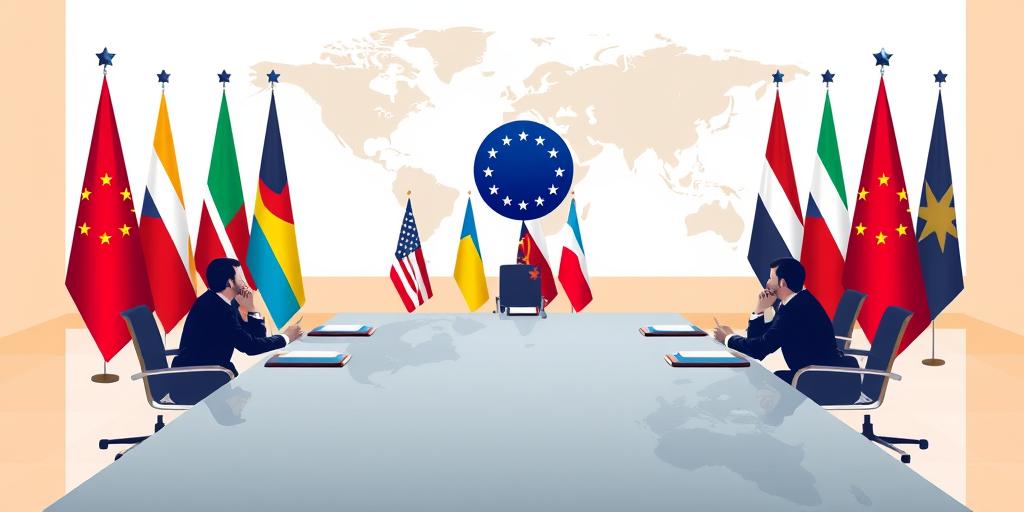The Geopolitics of Energy Resources
Explore the geopolitics of energy resources, examining how energy influences global power, conflict, and cooperation. Understand the dynamics of oil, gas, and renewable energy.
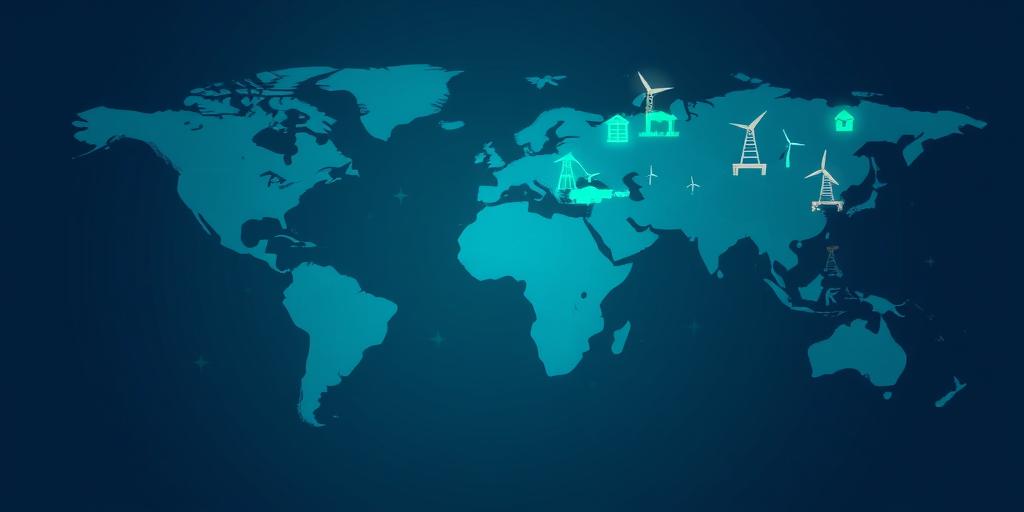
The Geopolitics of Energy Resources
The Geopolitics of Energy Resources
Energy resources are fundamental to modern society, powering economies, industries, and daily life. However, their distribution is uneven, creating complex geopolitical dynamics. This post explores the intersection of energy resources and international relations, examining how energy influences global power, conflict, and cooperation.
Uneven Distribution of Resources
Fossil fuels such as oil, natural gas, and coal are concentrated in specific regions. For instance, the Middle East holds a significant portion of the world's oil reserves, while Russia possesses vast natural gas reserves. This geographical concentration gives these regions considerable influence over global energy markets.
Impact on Global Power
Nations with abundant energy resources often wield significant political and economic power. They can leverage their resources to influence international policies, forge alliances, and exert control over other countries dependent on their energy exports. Energy-rich nations also accumulate wealth, enabling them to invest in military capabilities and infrastructure, further enhancing their geopolitical clout.
Energy as a Source of Conflict
The quest for energy resources has been a driver of conflict throughout history. Control over strategic energy reserves or transportation routes can lead to disputes and wars. Examples include conflicts in the Middle East, where access to oil has been a central issue. Additionally, competition for new energy sources, such as those in the Arctic, may trigger future conflicts.
Energy Cooperation and Alliances
Despite the potential for conflict, energy resources can also foster cooperation. Nations often form alliances and partnerships to ensure stable energy supplies. International organizations like OPEC (Organization of the Petroleum Exporting Countries) play a crucial role in coordinating energy policies and stabilizing markets. Furthermore, the development of renewable energy sources promotes collaboration as countries share technology and expertise.
Renewable Energy and Geopolitical Shifts
The rise of renewable energy is reshaping the geopolitical landscape. As nations invest in solar, wind, and other renewables, they reduce their dependence on traditional fossil fuels, potentially diminishing the power of energy-rich nations. This shift could lead to a more decentralized and multipolar energy system, fostering greater energy security and independence for many countries.
Case Studies
- The Middle East: The region's vast oil reserves have made it a focal point of international politics for decades. The U.S., China, and other major powers have strong interests in maintaining stability and access to oil in the region.
- Russia and Europe: Russia's role as a major natural gas supplier to Europe gives it significant leverage over European countries. Disputes over gas prices and supply routes have led to political tensions.
- Arctic Region: Melting ice caps are opening up new opportunities for energy exploration in the Arctic. Countries bordering the Arctic, including Russia, Canada, and the U.S., are vying for control over these resources, raising concerns about potential conflicts.
Future Trends
Several trends will shape the geopolitics of energy in the coming years:
- Growing Demand: Global energy demand is expected to increase, particularly in developing countries. This will intensify competition for resources and could exacerbate existing tensions.
- Technological Innovation: Advances in renewable energy, energy storage, and smart grids will transform the energy landscape, reducing reliance on fossil fuels.
- Climate Change Policies: International efforts to combat climate change will drive the transition to cleaner energy sources, impacting the geopolitical balance of power.
Conclusion
The geopolitics of energy resources is a complex and dynamic field. Energy influences global power, drives conflict, and fosters cooperation. As the world transitions to a more sustainable energy future, understanding these dynamics is crucial for navigating the challenges and opportunities ahead. By promoting energy diversification, cooperation, and sustainable practices, nations can mitigate the risks and harness the benefits of the evolving energy landscape.

